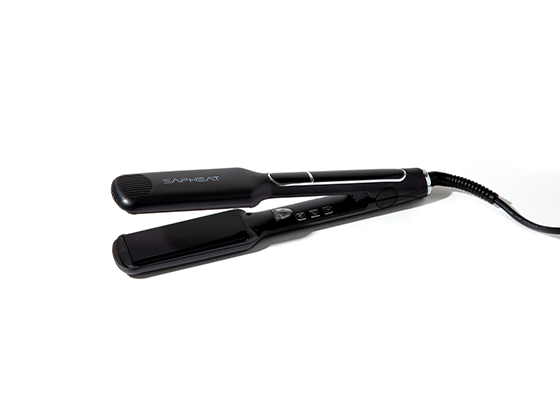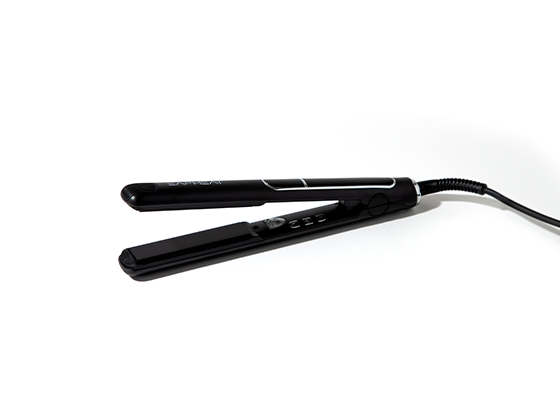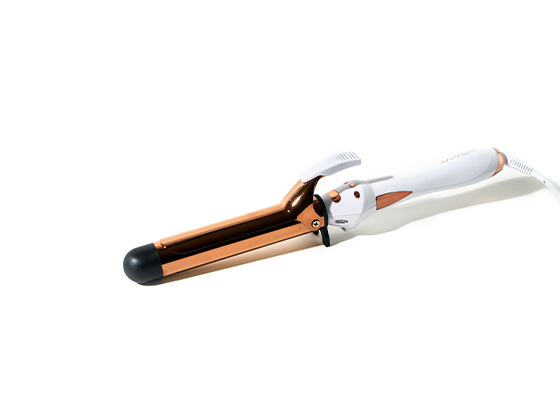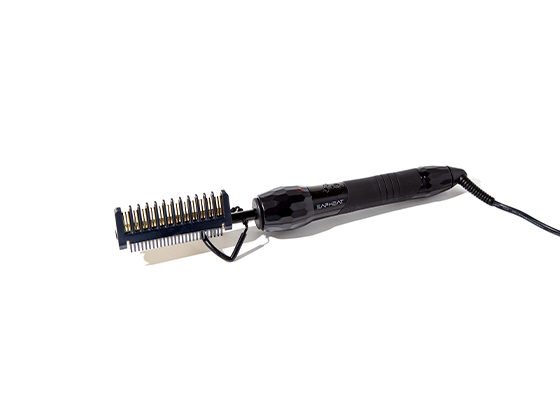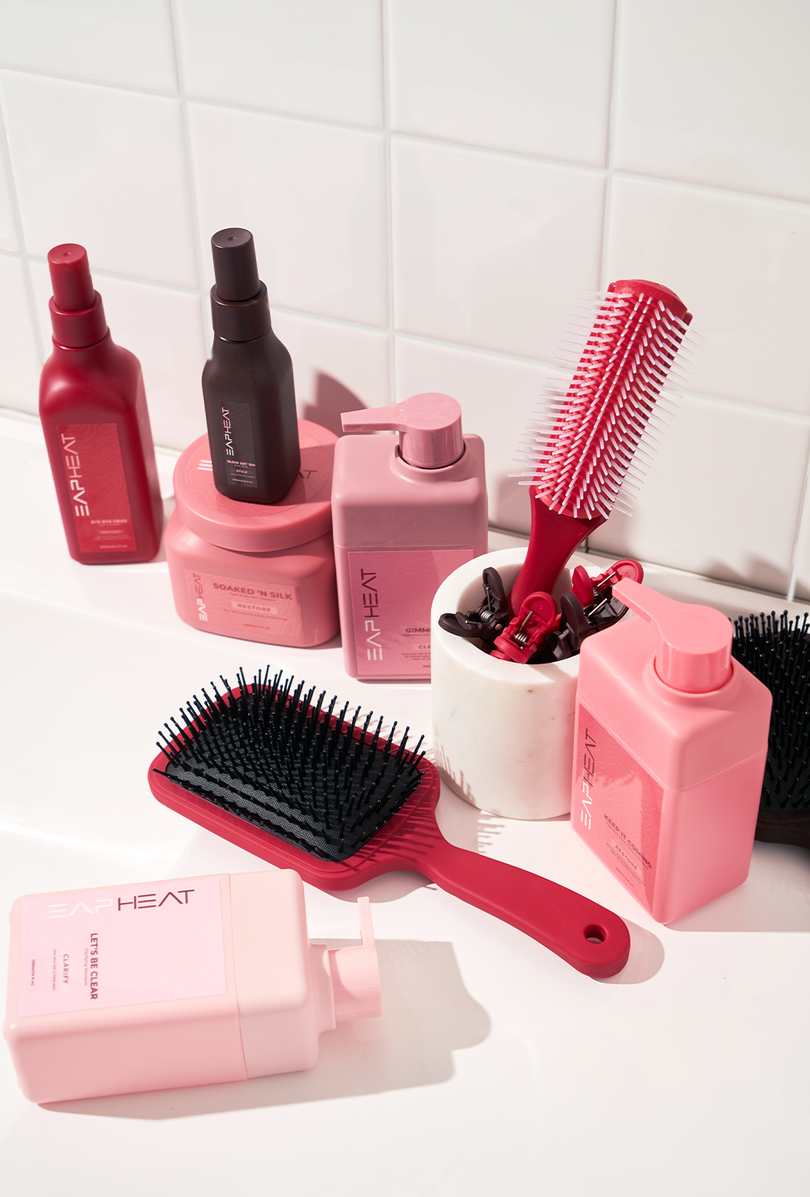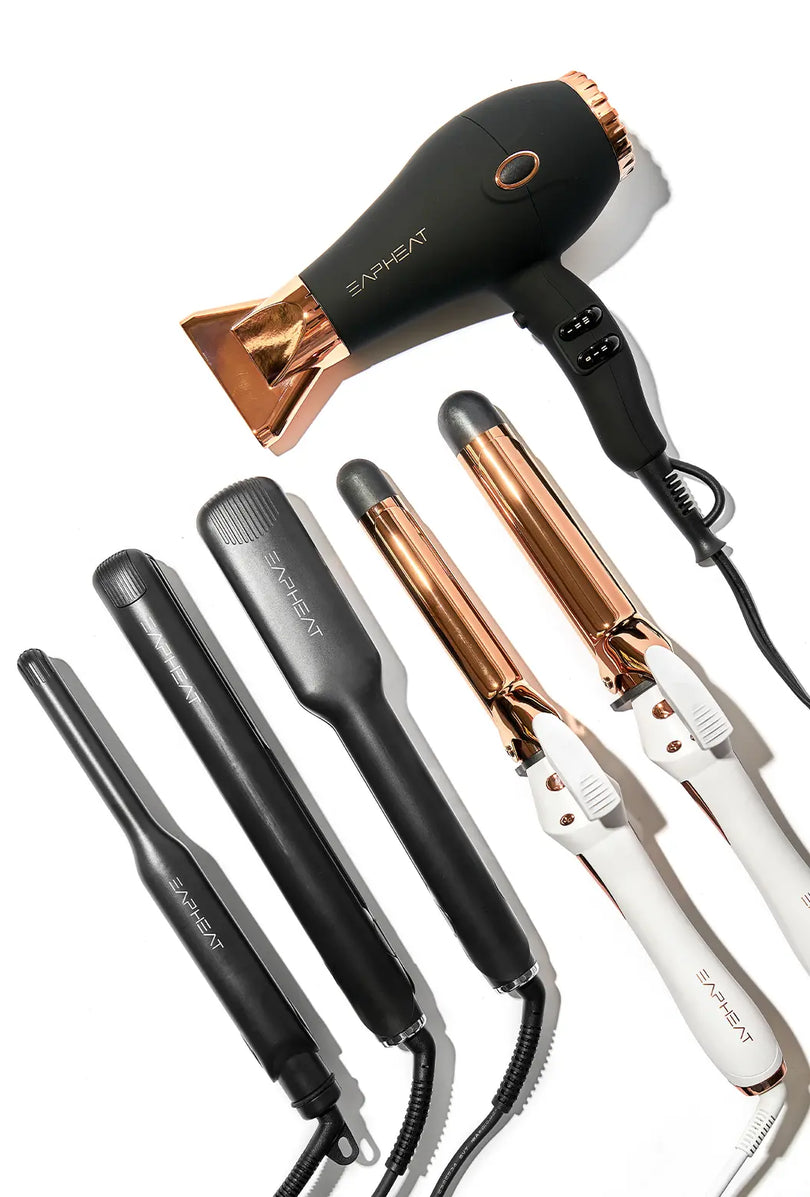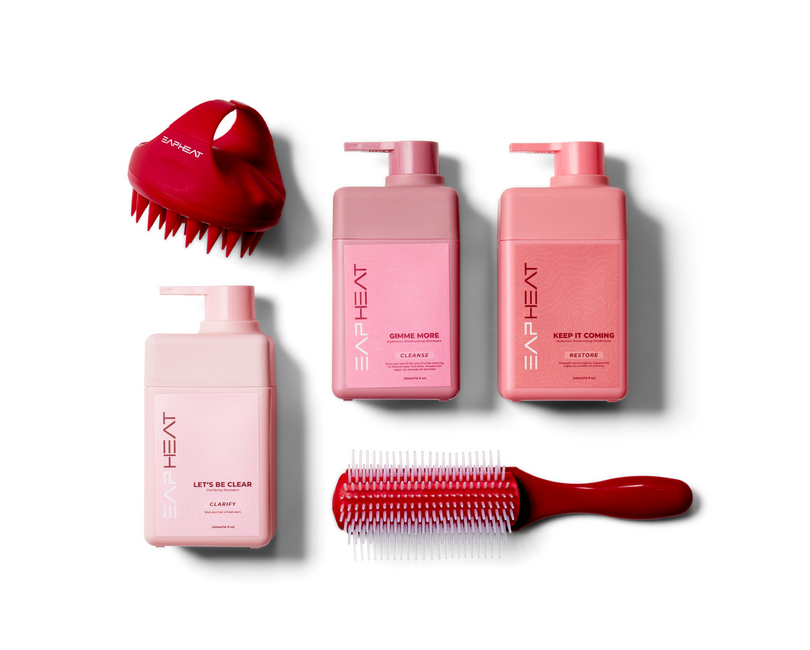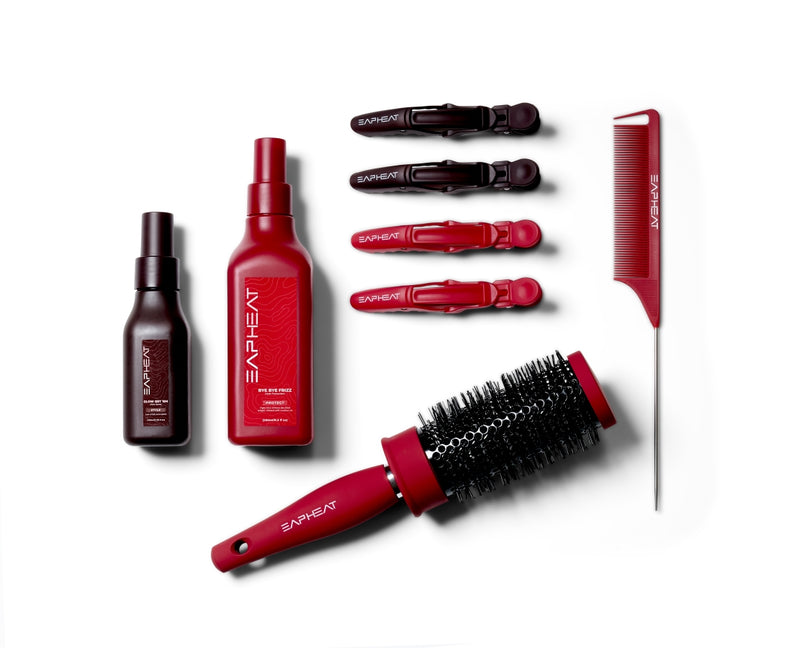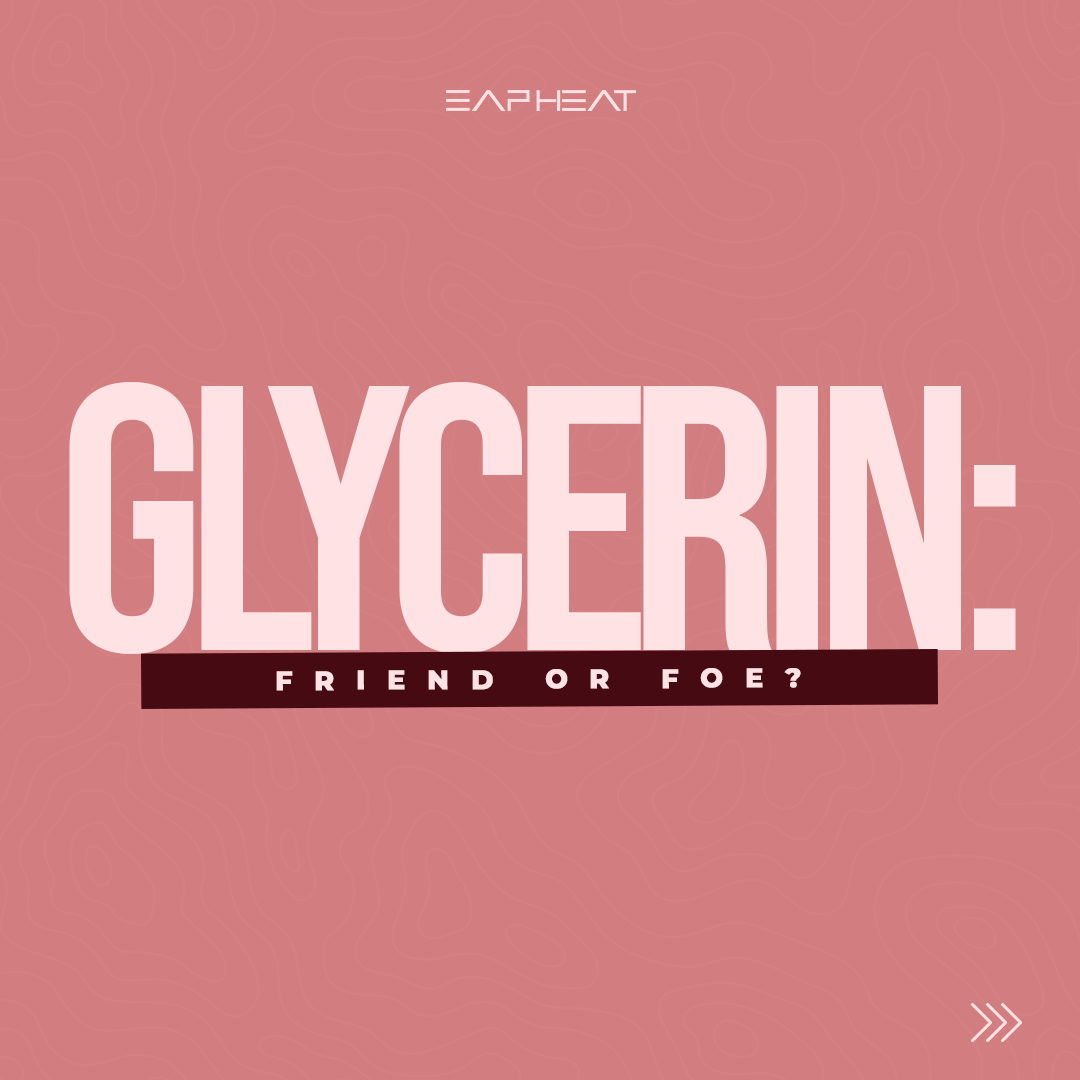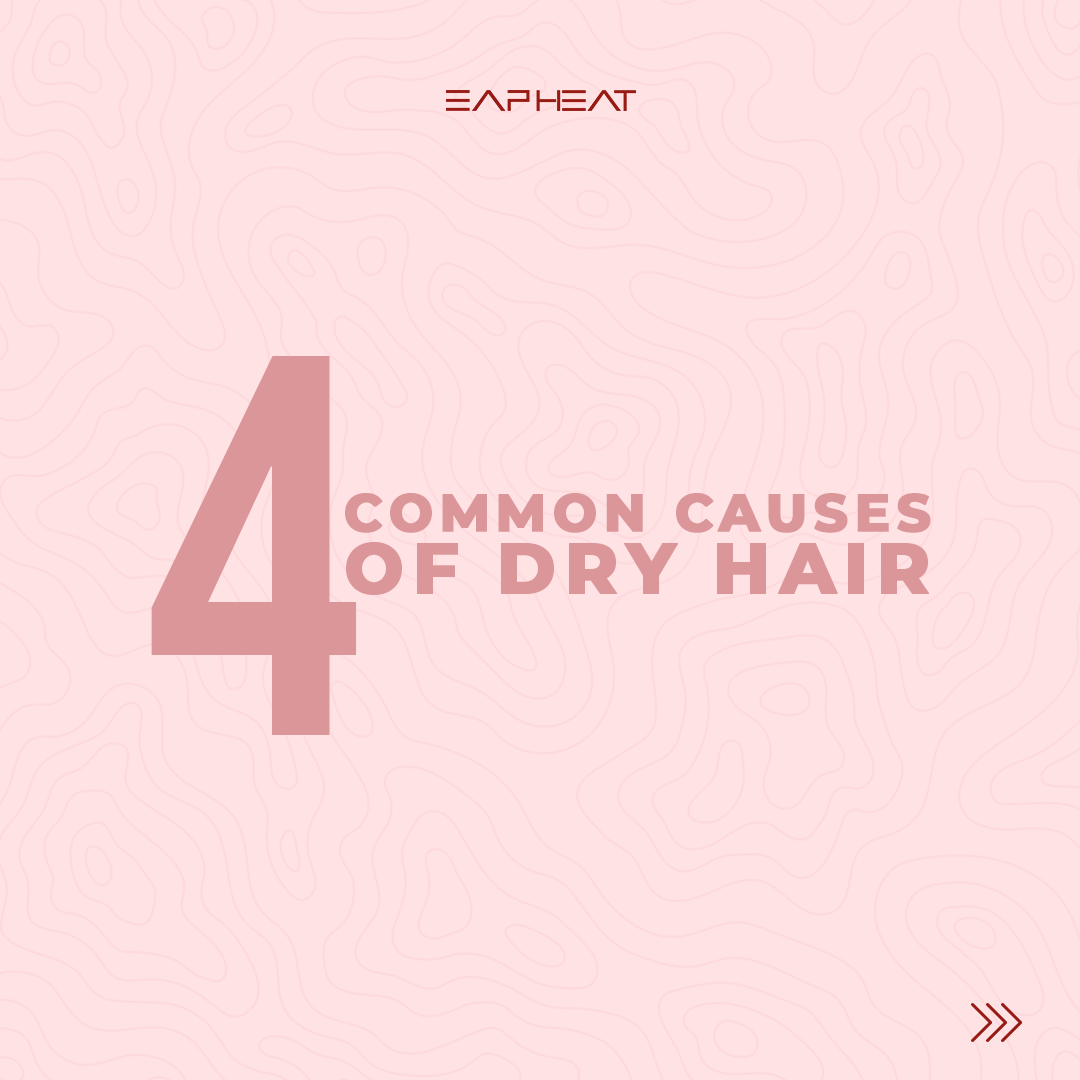We love our hair, and that's why we take time and effort to look after it in the best way possible. Conditioning is one of the ultimate ways to care for our hair. Whether you prefer leave-in, traditional, or deep conditioners, conditioning trickles down to time, temperature and type.

Time
How long a conditioner takes on your hair is the key basis of determining if a conditioner works for your hair. Most conditioners have labels that specify the time the product should sit on your hair. There is no harm in allowing the conditioner to sit for 20-30 minutes so that your hair can maximize nutrient absorption. But one could make the mistake of letting their conditioner overstay. There is no need to keep the conditioner on for too long since all the nutrients will have been absorbed after 30 minutes.
Whether you have color-treated, chemically textured, or curly hair, 20-30 minutes is enough time to get the most absorption during deep conditioning or 2-3 minutes when using a rinse-out conditioner. If the conditioner stays on too long possible side effects could be scalp irritation and a burning sensation.
Temperature
We all have our way of using hair conditioners. While you don't necessarily have to heat up your product to enhance effectiveness, conditioners tend to work better when used at warmer temperatures. Heat activates your hair cuticles, allowing moisture to penetrate deeper.
But you need to be careful not to overheat the conditioner to avoid burning your skin or scalp. Heating your conditioner to about 35 degrees Celsius (95 degrees Fahrenheit) over a hot water bath or another source of indirect heat for about 30 minutes would work best.
Type
The amount and type of conditioner you use will depend solely on your hair type, to be sure you get the results you desire. Although almost all conditioners contain water and fatty acids, you'll need a specific product if you want to moisturize, balance pH, or make your hair more elastic.
Most brands will clearly indicate what their products contain and do. But pay close attention to ingredients and what they are meant to do.
Remember conditioning nourishes, repairs, detangles, and protects your hair, making it soft and attractive, just the way you want it.

